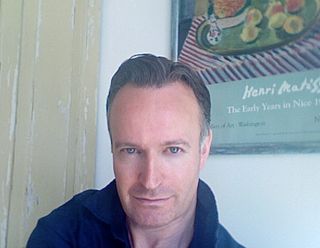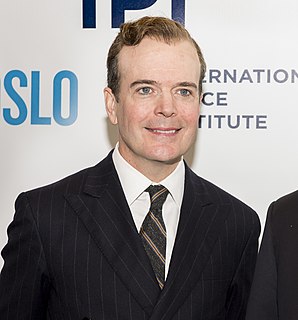A Quote by Andrew O'Hagan
In Britain, the great hidden secret of talking animals and children's literature is how political it was in its bones, beneath the obvious cuteness.
Related Quotes
So often when you start talking about kindness to animals someone comments that starving and mistreated children should come first. The issue can't be divided like that. It isn't a choice between children and animals. It's our duty to care for both. Kindness is the important thing. Kids and animals are our responsibility.
[Children are] like talking animals. Their consciousness is so different from ours that they constitute a different species. They don't have to be particularly interesting children; just the fact that they are children is sufficient. They don't know what anything is, so they have to make it up. No matter how dull they are, they still have to figure things out for themselves.
Art historians agree that Da Vinci's paintings contain hidden levels of meaning that go well beneath the surface of the paint. Many scholars believe his work intentionally provides clues to a powerful secret... a secret that remains protected to this day by a clandestine brotherhood of which Da Vinci was a member.
How I saw in her my own true nature. What was beneath my skin. Inside my bones... Even though I was young, I could see the pain of the flesh and the worth of the pain. This is how a daughter honors her mother. It is shou so deep it is in your bones. The pain of the flesh is nothing. The pain you must forget. Because sometimes that is the only way to remember what is in your bones. You must peel off your skin, and that of your mother, and her mother before her. Until there is nothing. No scar, no skin, no flesh.
With the United States in slow long-term decline, how will that affect the position of English? And where will all that leave monolingual Britain? Our political leaders like to boast about how global Britain is, but when it comes to languages, it is near the bottom of the global league, together with another island state, Japan.
You have women that are political commentators that are talking about the elections, talking about the news of the day, and really helping shape how information is disseminated. I feel we're reaching a whole new audience, which is great to be able to bring in and encourage other young women to do this.







































